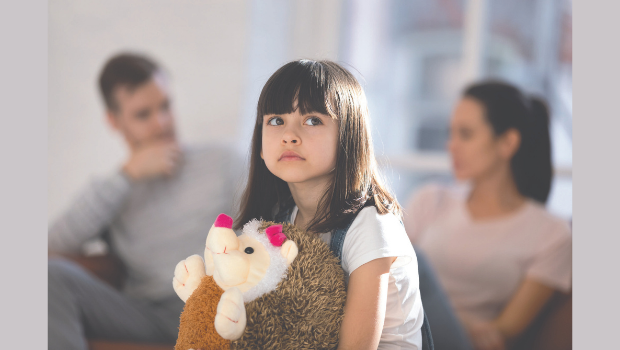Dealing with Childhood Trauma
The National Institute of Mental Health defines childhood trauma as “The experience of an event by a child that is emotionally painful or distressful, which often results in lasting mental and physical effects.” Childhood trauma has significant health and quality of life issues through adulthood. As adults, traumatized children embody trauma at many levels. They feel emotional pain. They are easily triggered in reacting to upsetting (but not traumatic) events. Some people have developed a self-hatred so deep that it is hard to separate from it and see the reality of the magnificent opportunities around them in the present.
As a child, the conscious mind develops after the age of 7. Anything that happens to a child before that age is controlled by the subconscious mind, which is all about protecting the child and keeping them safe. When the child develops their conscious mind, they are able to create new ideas and thoughts about how he/she views life according to their own experiences—either pleasant or unpleasant.
If trauma was experienced, the subconscious mind develops its own response to an event or situation based on the traumatic experience in earlier childhood. Even as an adult, the subconscious mind holds people back to protect them from the earlier trauma. The subconscious mind interferes with where you go and what you do because it is coming from the viewpoint of an unsafe world.
The subconscious mind clearly holds adults back. We are living a completely different life, and the threats in our lives from childhood simply are not present. The subconscious is stuck in the past at the time of the trauma. The great thing about the subconscious mind is that it can be reprogrammed. If we are aware of being held back from living life freely, then we probably want to change this blockage in our life.
The subconscious mind cannot reject anything that we tell it because it doesn’t have the same capabilities of our conscious minds. The first thing we can do is respond to the thoughts of the inner critic (subconscious) and tell it that a specific negative thought is not true anymore. There is then an opportunity to reinforce the real, present‑day truth.. The subconscious has to accept the present truth if you claim it.
Discovering the core issues of the trauma and the triggers for the subconscious is important to respond differently to threats as adults. The subconscious often reacts in fear, anxiety, and even panic attacks. As an adult, we lose conscious control and the subconscious takes over, preventing us from living a full life.
For more information, contact Dr. Anne Deatly at 201-925-1046 or Anne.Deatly@gmail.com.





























